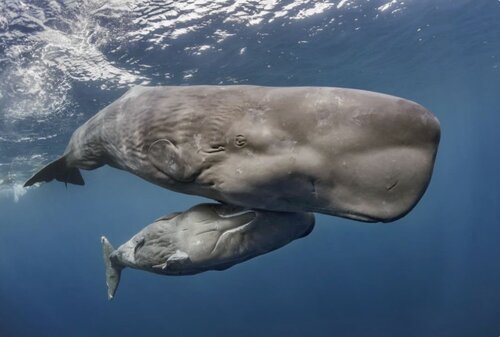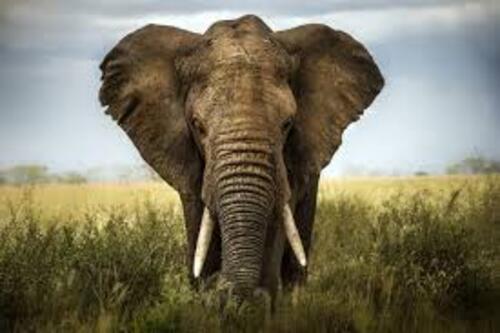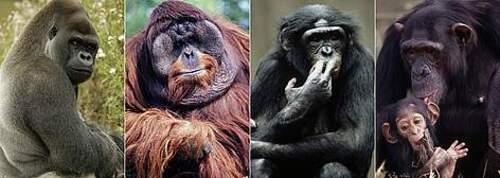When we think about brain size and intelligence, we often focus on humans and their remarkable cognitive abilities. However, brain size varies widely across the animal kingdom, and some species boast impressively heavy brains. This article delves into the animals with the heaviest brains, exploring the relationship between brain weight, body size, and intelligence, and highlighting fascinating facts about these creatures.
The sperm whale (Physeter macrocephalus) holds the record for having the heaviest brain of any animal, weighing around 9 kilograms (about 20 pounds). This colossal brain is not only the largest by weight but also contains a complex structure that supports the whale's sophisticated echolocation abilities and social behaviors.
Echolocation: Sperm whales use their large brains to process the sounds they emit and receive, allowing them to navigate and hunt in deep ocean waters.
Social Structure: Their complex social behaviors, including communication and group dynamics, require advanced cognitive functions.

The African elephant (Loxodonta africana) has the second heaviest brain, weighing approximately 5 kilograms (around 11 pounds). Known for their intelligence and strong social bonds, Elephants-Are-Endangered.html">elephants exhibit behaviors that suggest a high level of cognitive functioning.
Memory: Elephants have excellent memories, which are crucial for finding water sources and recognizing other Elephants-Are-Endangered.html">elephants.
Social Intelligence: They demonstrate empathy and strong social connections, often grieving for lost companions.

While not a modern-day animal, Neanderthals (Homo neanderthalensis) are worth mentioning due to their significant brain size. Their brains averaged around 1,200 to 1,750 cubic centimeters and were generally larger than those of modern humans, despite a similar body size.
Cognitive Abilities: Neanderthals showed evidence of tool use, art, and possibly even language, indicating complex cognitive functions.
Adaptation: Their larger brains may have been an adaptation to the demands of survival in harsh environments.

Bottlenose dolphins (Tursiops truncatus) have brains that weigh about 1.5 kilograms (approximately 3.3 pounds). Known for their intelligence and playful behavior, dolphins exhibit advanced social interactions and problem-solving abilities.
Complex Communication: dolphins.html">Dolphins are known for their sophisticated vocalizations and social structures, indicating a high level of intelligence.
Tool Use: Some populations use tools, such as marine sponges, to protect their rostrums while foraging.

Great apes, including chimpanzees, gorillas, and orangutans, have relatively large brains compared to their body size. For example, a chimpanzee's brain weighs about 0.4 kilograms (around 0.88 pounds).
Problem-Solving: Great apes demonstrate the ability to use tools and solve complex problems.
Social Structure: They have intricate social systems and can communicate through gestures and vocalizations.

While the weight of an animal's brain can indicate some aspects of cognitive ability, it does not solely determine intelligence. The brain-to-body ratio, complexity of brain structure, and specific adaptations play crucial roles in an animal's cognitive capabilities.
Encephalization Quotient (EQ): This measure compares brain size to body size, offering a more nuanced view of intelligence across species. For instance, humans have a high EQ, suggesting advanced cognitive abilities relative to body size.
The animal kingdom offers remarkable examples of brain weight and intelligence, from the sperm whale's colossal brain to the intricate social behaviors of elephants and dolphins. While a heavier brain may imply advanced cognitive abilities, it’s essential to consider the complexity of brain structures and their evolutionary adaptations. Understanding these fascinating creatures enhances our appreciation for the diversity of intelligence in the animal world and prompts us to continue exploring the mysteries of animal cognition. As we learn more, we gain insight into the evolutionary paths that have shaped both human and animal intelligence over time.
animal tags: Brain
We created this article in conjunction with AI technology, then made sure it was fact-checked and edited by a Animals Top editor.